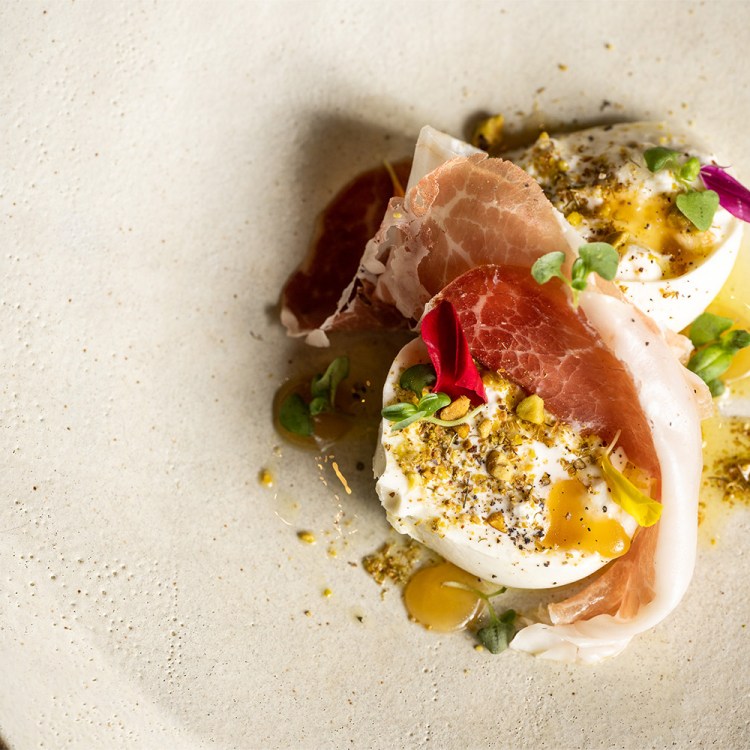
It’s one of the first things your parents teach you when you’re old enough to learn about the birds and the bees and the general realities of life: never bring up politics on the first date or, possibly, ever. And while it would be a commendable feat to avoid a political discussion at this year’s Thanksgiving table, you don’t have to be Nostradamus to know that somebody‘s going to break the first rule of Fight Club.
Per etiquette expert Thomas Farley, who appeared on the Today show back in March—well before the Trump-Clinton race got out of hand—a respectful conversation (particularly when it involves potentially heated topics) starts and ends with zero tolerance for the world’s oldest argument fuel: alcohol. This may be difficult for some families, but a dry Thanksgiving could be your first step on the road to a happy holiday meal.
It’s possible booze will be absent—or at least limited—and someone will still say something like, “Steve Bannon is my hero.” Farley suggests not rolling your eyes but instead making eye contact with the speaker, in the process sending the message that you’re listening. The key is to establish that speakers are to be respected and heard one at a time, so if someone gets out of line you can respond, “Everyone gave you the time you needed to say what you needed to say; now, respectfully, do the same for us.”
There will no doubt be the family member who’s a big fan of FiveThirtyEight.com and is determined to drop all sorts of numbers on everyone about how, for instance, Romney would have performed had he run this election and not 2012 and why that makes them even more disgusted with everything. Per Farley, stop them and ask whether they can “substantiate their source.” If the iPhone gets whipped out and Google searches start, that will likely put a potential argument to bed. (If they toggle to RealClearPolitics, then you’ll have to figure out another plan of attack.)
Here’s another tactic. Dennis Becker, a co-founder of the Speech Improvement Company, dropped this still relevant bit of wisdom to The New York Times several years ago:
“If someone raises a controversial point about the content of the campaign, like where a candidate [stood] on health care or women’s rights, redirect it to your thoughts on the process—things like negative ads, the candidates’ speaking styles, or campaign spending.”
Sound advice if you want to hold your own in a conversation with the Ph.D. across the table from you. More importantly, it’s your chance to bring the conversation back down to earth. (It goes without saying you need to do this calmly: you’re not helping the meal by adding your own fiery tangent.)
As a final piece of advice, it’s easy to get caught up in what went wrong with this election cycle and focus on all the negative aspects of it. The healthy way to heal is to look at the good. Indeed, here’s what Kelly McGonigal had to say for UC Berkeley’s Greater Good Science Center:
“Research shows that [reading or listening to positive] stories … don’t just make us feel better—they also help us feel awe, gratitude, and self-transcendence. One 2015 study found that watching a video that inspired moral elevation increased feelings of common humanity and connection to others, including members of so-called ‘out groups.’ Another study found that for people suffering from depression, moral elevation increased their hope and reduced their sadness, anxiety, and loneliness.”
What’s the big takeaway? Well, of course, it’s to go back and search all the positive and fine-life-affirming content that’s on RealClearLife and redirect the conversation to a subject that matters: your connection to everything good.
And if all else fails, just announce “The Cowboys would be even better if Romo were starting instead of Dak!” and prepare for a whole new kind of debate to erupt.
This article was featured in the InsideHook newsletter. Sign up now.






















